Suppose your Chevy Suburban won't shift gears, then it can be worrisome. First, however, what could cause this problem? We have listed out the potential culprits below.
If your Chevy Suburban won't shift gears, then it could be due to the following:
- Dirty Transmission Fluid
- Low Transmission Fluid
- Bad Shifter Cable
- Bad Bearing
- Slipping Transmission
- Worn Synchronizer Rings
- Bad Speed Sensors
- Bad Internal Sealing Surface
- Faulty Transmission Control Solenoid
When your Chevy Suburban won't shift gears, it can be frustrating. In this article, we will discuss each of these parts, what they do, and the warning signs of each. In addition, we will take a look at other frequently asked questions about the Chevy Suburban, so read on!

Chevy Suburban Won't Shift Gears - What Could Be Wrong?
The Chevy Suburban transmission transfers power from the engine to the rear axle. It does this by using gears to change the speed and torque of the engine. This allows the vehicle to move at different speeds and navigate different terrains.
The transmission performs two main functions. The first is to speed up the engine when you press the gas pedal. This function uses gears in a process called gear reduction.
Secondly, the transmission transfers movement into a rotation that turns your rear axle and wheels through several steps that include reducing speed, rotating torque, and transmitting power to drive your vehicle.
If your Chevy Suburban is having a hard time shifting gears, then the problem could be with any one of the following listed parts:
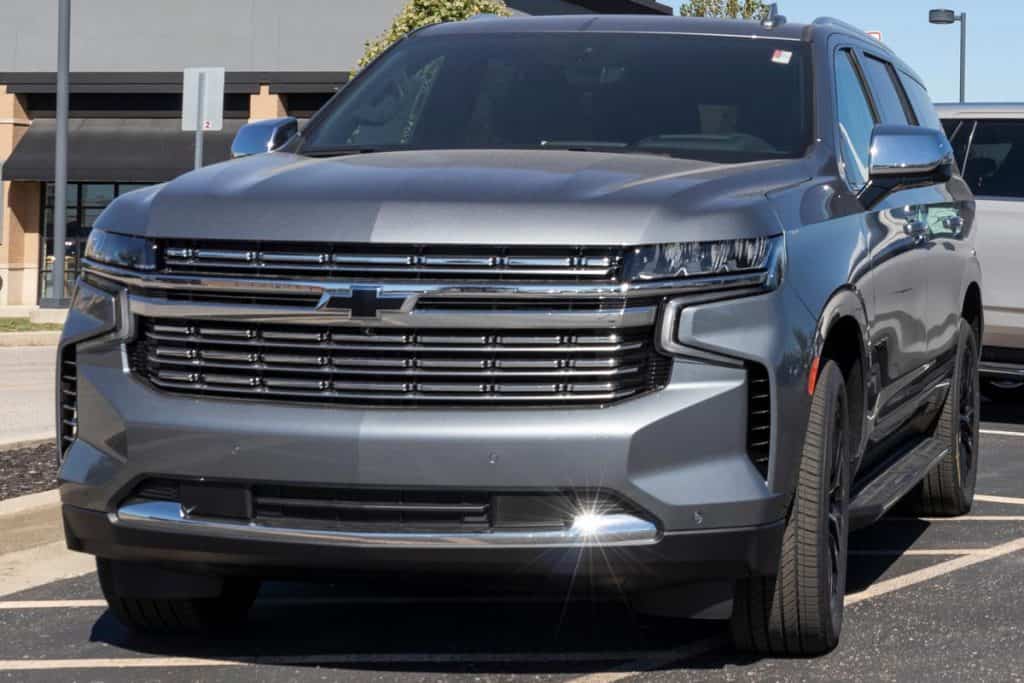
Dirty Transmission Fluid
If your transmission fluid is dirty or smells burnt, you might have problems. Dirty transmission fluid will cause several issues ranging from bad shifting all the way up to complete transmission failure.
If you suspect your Chevy Suburban is shifting poorly due to dirty transmission fluid, then we recommend having a mechanic take a look at it as soon as possible.
Low Transmission Fluid
Low transmission fluid will cause various problems, from poor shifting all the way up to complete transmission failure. To check your transmission fluid level, you will need to inspect the dipstick.
If it shows signs of burning or is exceptionally dark in color, then your transmission fluid needs to be changed immediately. You can also check for leaking components and if the transmission fluid looks diluted or smells burnt.
Bad Shifter Cable
A bad shifter cable will cause difficulty when shifting gears. If your Chevy Suburban has transmission fluid problems, it could be due to a bad shifter cable. A worn shifter cable will not allow for proper gear changes.
Bad Bearing
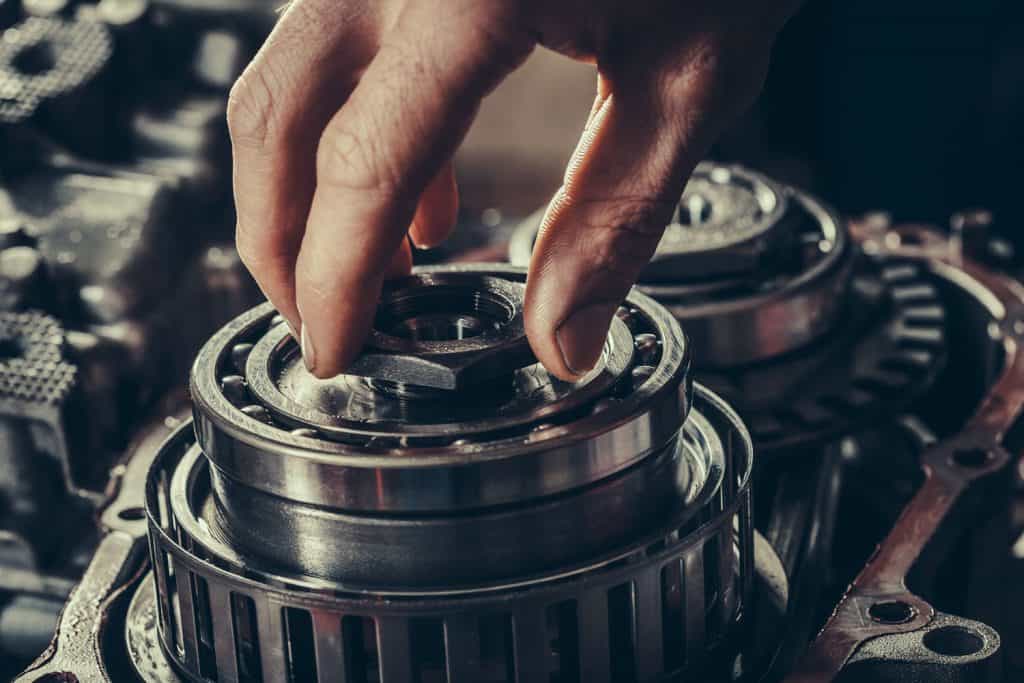
If damaged, the bearing attaches the shift linkage to the transmission can cause shifting problems. When this part fails, it causes grinding while shifting gears.
Slipping Transmission
If the transmission is slipping, it will not engage gears properly. An easy way to check for this problem is by giving your Chevy Suburban a little gas when shifting gears. If there's no response, you might have a slipping transmission that should be looked at immediately.
Worn Synchronizer Rings
If your Chevy Suburban has shifting problems, then worn synchronizer rings might be to blame. The synchronizers are designed to allow smooth gear changes by slowing down the spinning of one gear to match up with another. If the gears are not properly synchronized, it will produce grinding and poor shifting problems.
Bad Speed Sensors
The speed sensors on your Chevy Suburban will tell the vehicle how fast each gear is rotating. If you have a faulty speed sensor, it will not allow the transmission controller to shift gears properly.
Bad Internal Sealing Surface
A sealing surface between the transmission case and the transfer output shaft creates an airtight seal. If this area gets damaged, it will cause problems with the transmission gears not engaging properly.
Faulty Transmission Control Solenoid
The faulty transmission control solenoid is one of the most common reasons your Chevy Suburban won't shift gears. This part allows for proper gear changes by sending electronic signals to the transmissions of various hydraulic solenoids. Unfortunately, if this area is faulty, it will not send the proper signals to allow for a smooth gear change.
Why is my Suburban not shifting out of first gear?
If your Chevy Suburban won't shift out of first gear, it could be because of many different problems. The following are possible causes:
Low Transmission Fluid
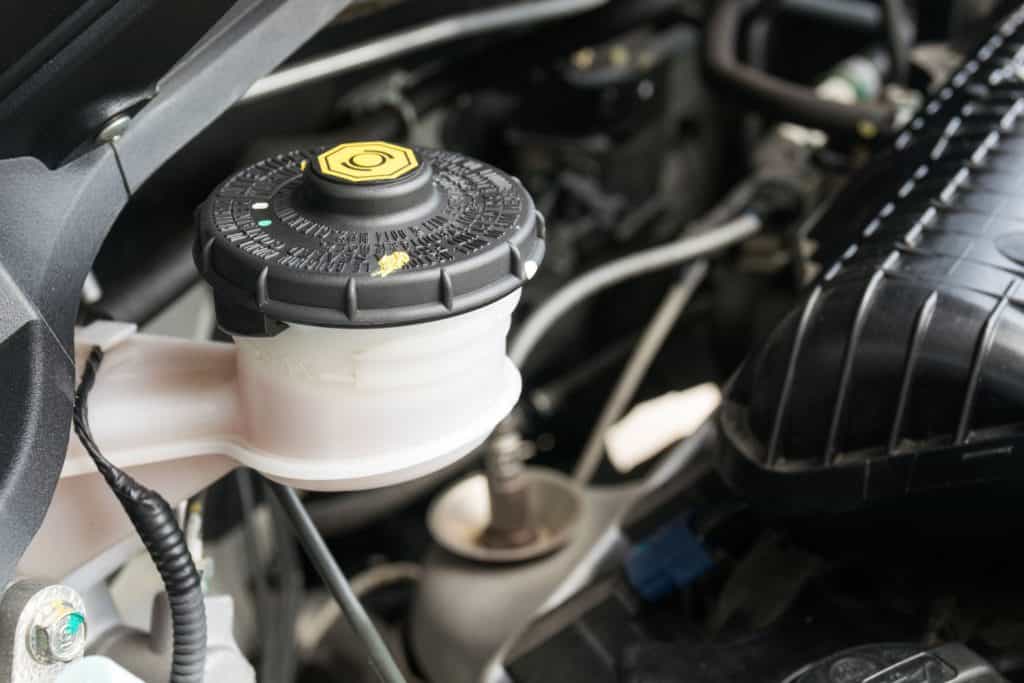
The low transmission fluid level might prevent the vehicle from shifting gears. If your oil is low and dirty or has a burnt smell, then you probably have low transmission fluid and should add more to the transmission.
Worn Clutch
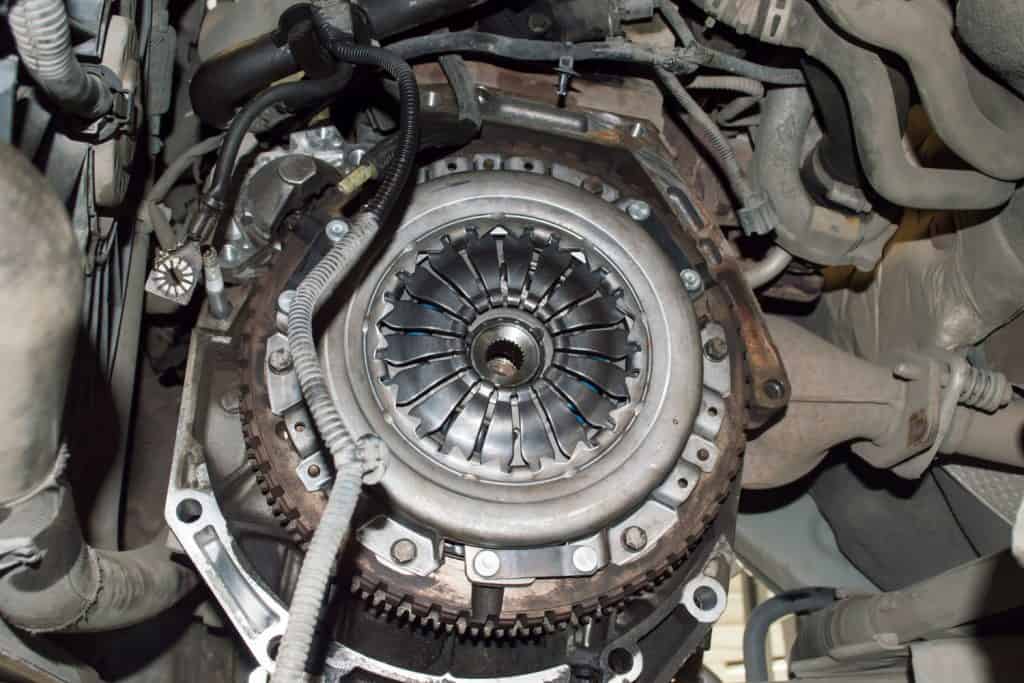
If your Suburban has a worn clutch, it will not go into gear properly. When the clutch is worn out, it can't engage gears properly, and grinding may occur when shifting gears.
Bad Shifter Cable
A bad shifter cable could prevent the vehicle from going into gear. In addition, a bad shifter cable causes the shifter to stick in one position and causes difficulty when shifting.
Bad Input Shaft Nut
The input shaft nut can become loose and cause your Suburban not to shift gears. This part keeps the transmission attached to the engine. If this area is defective, it will prevent a smooth gear change.
Stuck Solenoid
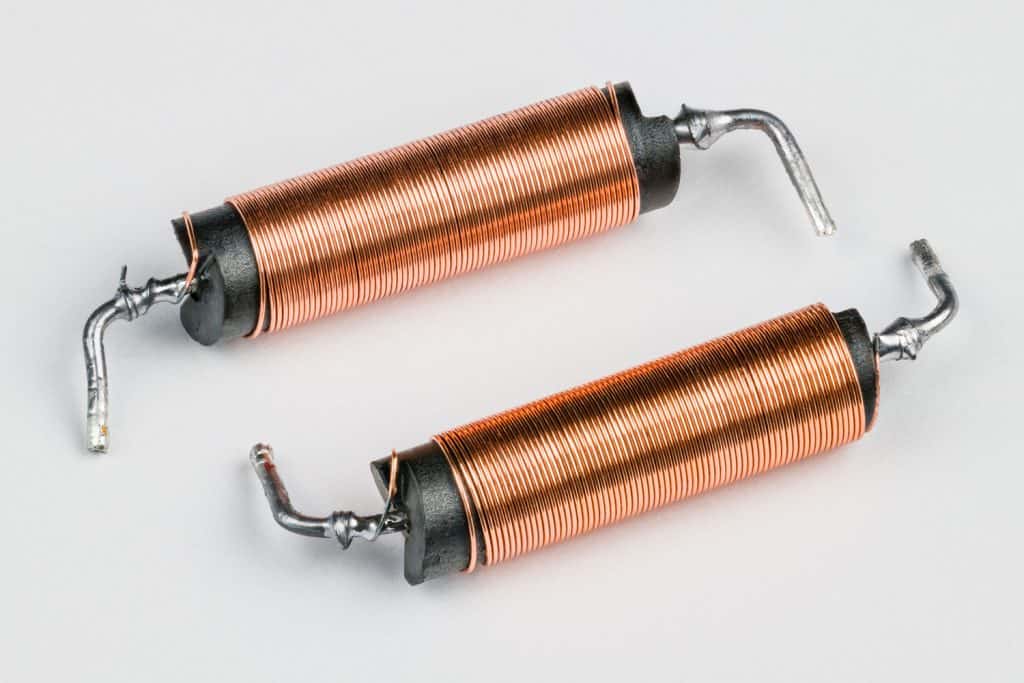
If the transmission solenoids are stuck open or closed, it can prevent your vehicle from shifting correctly. A bad internal sealing surface will cause this problem and make grinding noises when trying to shift gears.
Bad Speed Sensor
The speed sensor on your Suburban is designed to tell the onboard computer how fast each gear is rotating. If it is defective, it will prevent your transmission from shifting properly.
Bad Transmission Fluid
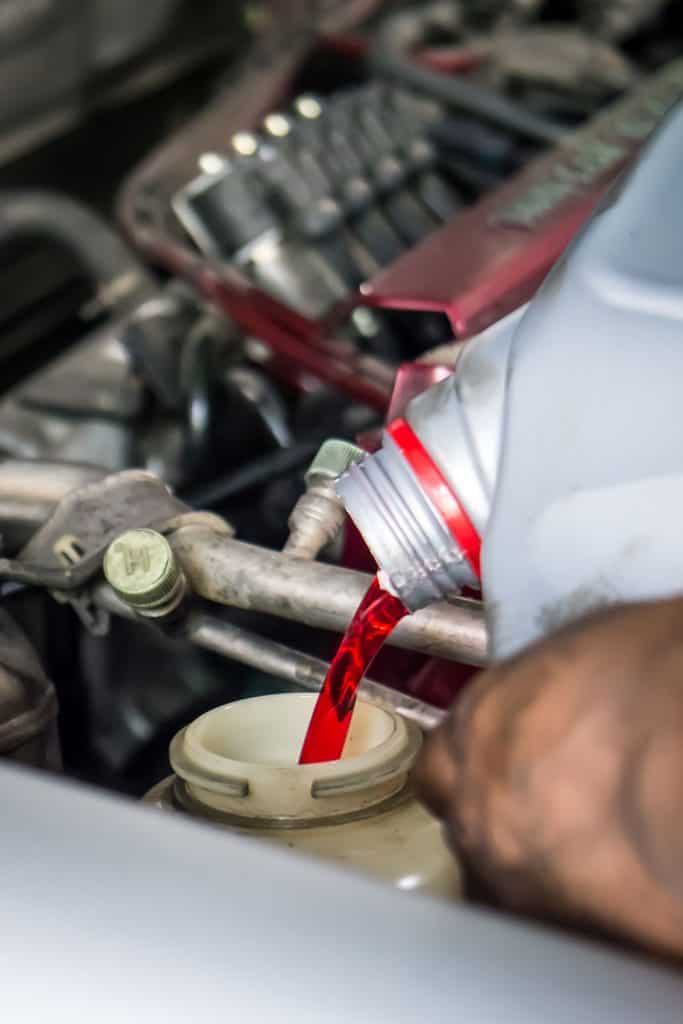
If your transmission fluid is a dirty or burnt smell, it might be time to change the oil. As the transmission fluid gets old, it will produce poor shifting problems. It also loses the lubrication properties required for gears to slide into place easily.
Malfunctioning Transmission Controller
The malfunctioning transmission controller is one of the most common reasons why your Chevy Suburban won't shift gears. This part allows for proper gear changes by sending electronic signals to the transmissions of various hydraulic solenoids. Unfortunately, if this area is faulty, it will not send the proper signals to allow for a smooth gear change.
Do Suburbans have transmission problems?
Many transmission problems can occur with your Suburban. The most common areas to check for bad internal sealing surfaces are faulty solenoids, damaged speed sensors, and malfunctioning controllers.
These issues were most common for the 2007 models. If you suspect that any or all these issues might be occurring, then it's time to get your vehicle into a professional transmission repair shop. Remember that transmission problems can happen in any year, make, or model vehicle, and sometimes it is just bad luck.
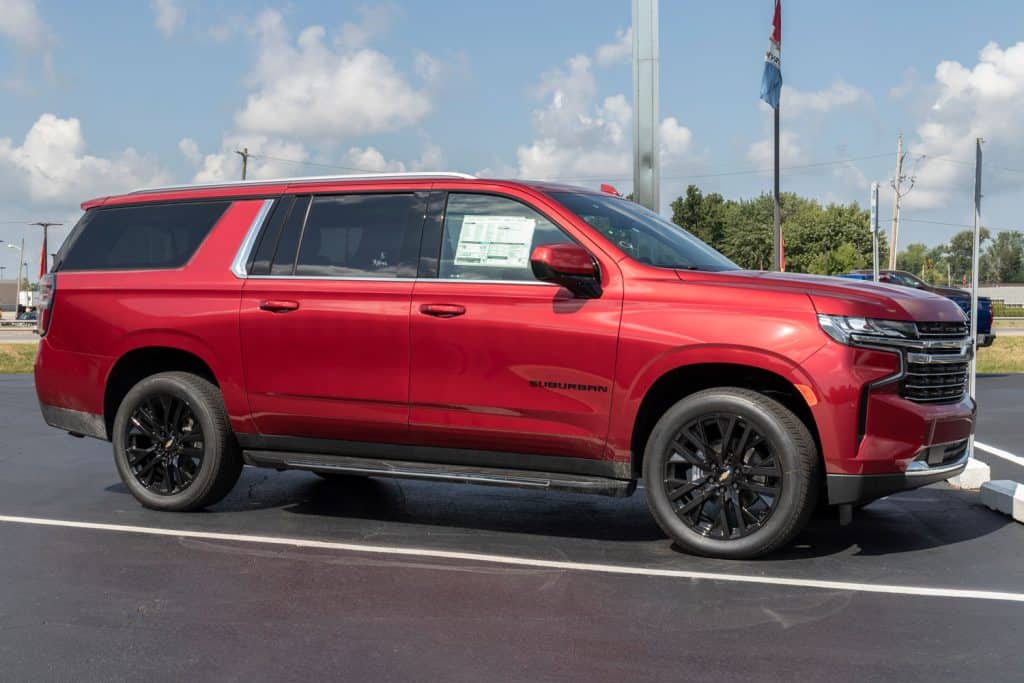
How much does it cost to replace a transmission on a Suburban?
Unfortunately, transmission replacements aren't cheap and can put you in a tough situation. If your Suburban needs a new transmission, the price can range from $1,800 to $3,400.
This depends on what exactly is wrong with the transmission and the model year. If you have a newer model year, expect to pay more money for a new transmission because of all the electronic parts used in the newer models.
Is it possible to rebuild my transmission?
Yes, replacing your own transmission on a Suburban is possible. However, if you don't have the experience or knowledge, it is best to let a professional do this for you. This will save you time, money, and frustration.
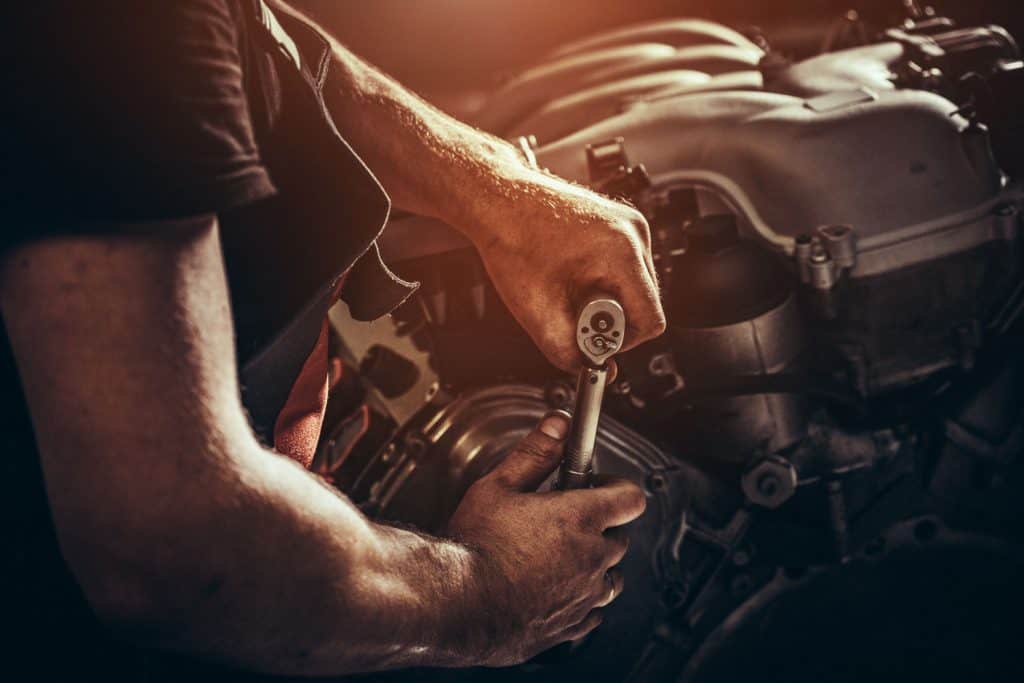
What year did Suburban have transmission problems?
One of the worst years for the Chevy Suburban transmission problems was the 2007 models. Unfortunately, the 2009 models weren't much better, leaving consumers with hefty repair bills.
It is best to always get a CarFax on older vehicles. This will help you track whether the car has had any previous transmission issues and let you know if it has been in a wreck.
You should always consider getting an inspection from a mechanic before purchasing used vehicles. If you buy one with bad transmissions, you will need to purchase replacement parts and the labor costs.
Final Thoughts
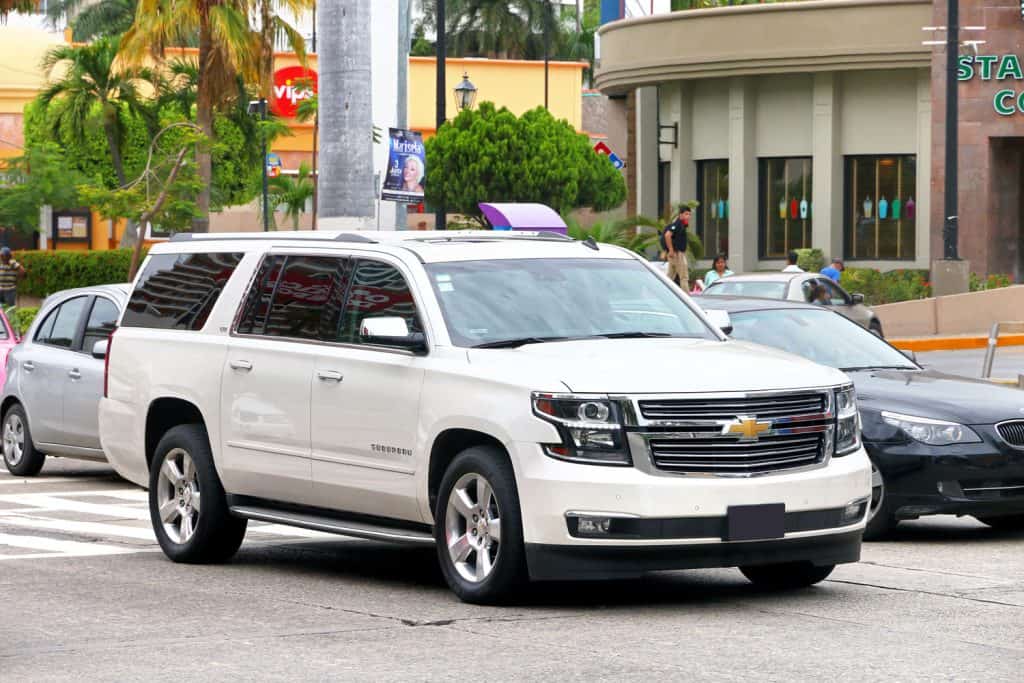
If your Suburban has not had its transmission serviced for a long time, then it might be time to replace the fluid. Depending on how hard you drive your vehicle, you should have this done once or twice a year.
Transmission problems can occur at any time, and it is sometimes just bad luck that you end up with one that is faulty. If you have just purchased the vehicle used, it can be difficult to determine if there have been past transmission issues.
If you suspect any of the above problems with your Chevy Suburban, then it's time to get your car into a transmission repair shop for an inspection.
For more articles like this one, then check out our website:
How Heavy Is A Chevy Suburban?
